The draft document to be submitted to the 14th National Party Congress is receiving enthusiastic attention and comments from all walks of life, including the overseas Vietnamese community.
All opinions highly appreciated the Party's new viewpoints when culture is considered the spiritual foundation of society, the goal and driving force for sustainable development of the country in the new era, the era of national growth, aiming to build a rich, civilized, prosperous and happy country.
Preserve Vietnamese to promote identity
Commenting on the Draft Document, Dr. Hoang Thi Hong Ha, currently living in France, President of the Elite Association, Ambassador of Vietnamese Language Abroad 2025, expressed her agreement with the viewpoint that "culture and people are the foundation, resources, and endogenous strength."
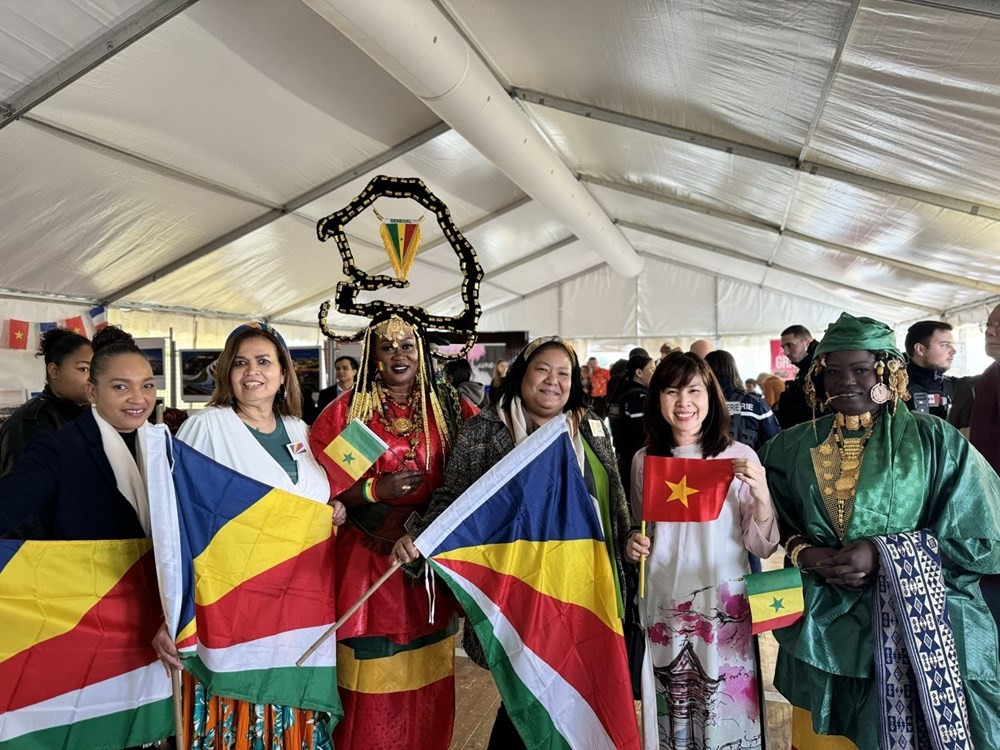
Dr. Hoang Thi Hong Ha believes that this content is a strategic vision, affirming the position of culture in the sustainable development of the country. However, according to her, to turn this vision into concrete actions in the community of more than 6 million Vietnamese people abroad, systematic and breakthrough solutions are needed.
This is also a practical action to continue to bring the spirit of Conclusion 12-KL/TW of the Politburo on the work of overseas Vietnamese in the new situation into depth, especially in the tasks of preserving and promoting cultural identity and spreading Vietnam's "soft power".
From the perspective of an ethnologist, Dr. Hoang Thi Hong Ha affirmed: "Language is the vehicle that carries culture. Therefore, investing in teaching and learning Vietnamese abroad must be considered a strategic task, the 'root' to preserve the nation. We need a systematic national strategy, not just stopping at movement-based activities."
She recommended that the State should have appropriate investment policies, especially in compiling modern textbooks that are suitable for the psychology and living environment of the young generation growing up abroad.
"In my role as a Vietnamese Ambassador, I realize that the demand for learning Vietnamese is huge, but we are lacking attractive teaching tools. We need to boldly apply technology, build vivid Vietnamese learning applications and games, and have a mechanism to train and recognize the teaching staff," Ms. Ha shared.
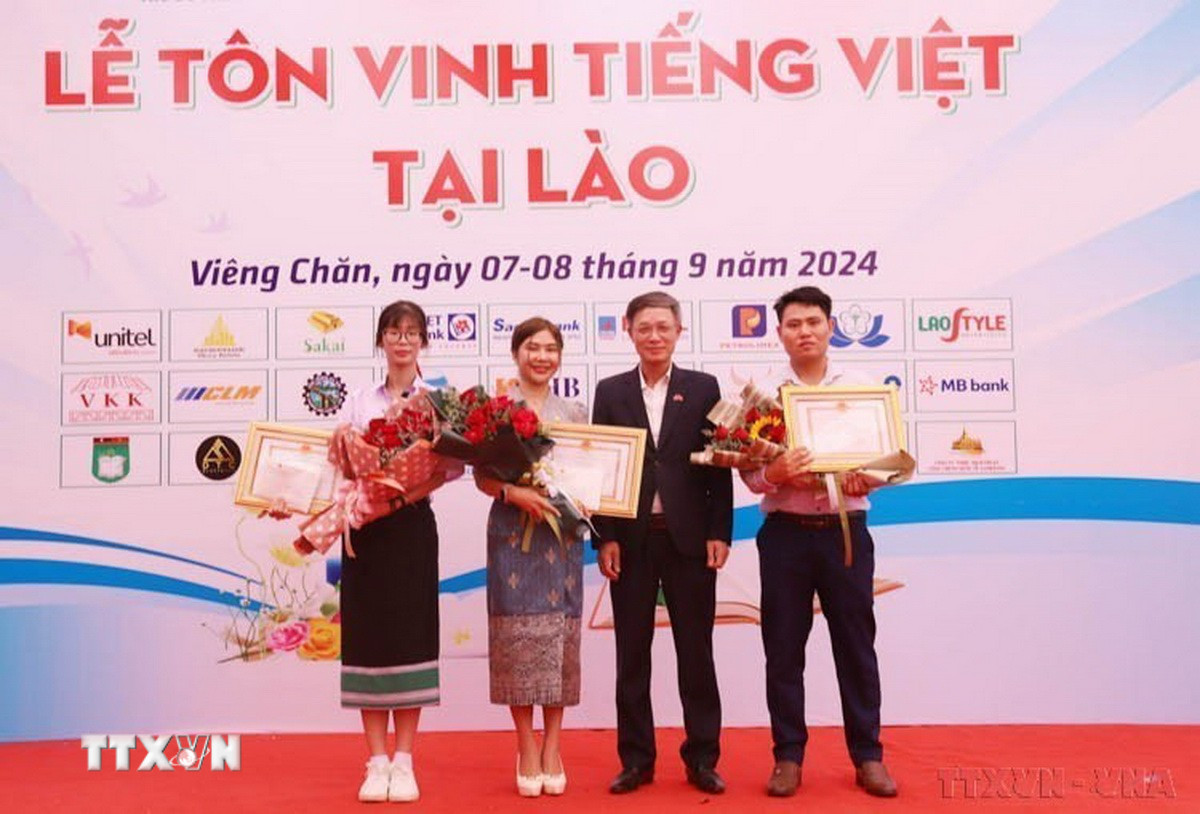
Sharing about this issue, Le Nguyen Luu An, 17 years old, a Malaysian expatriate, is a Vietnamese Ambassador abroad in 2025, also said that preserving Vietnamese is the first and most important thing, because language is a means of communication, a bridge to culture, history, country, and people. Next, it is necessary to focus on spreading Vietnamese culture, specifically preserving and spreading cuisine, music , Ao Dai costumes, beautiful customs and practices...
According to Le Nguyen Luu An, in a multicultural international environment, preserving and spreading Vietnamese cultural identity and values among the young generation is not easy. In this regard, the role of the family is very important and decisive. Every parent who is conscious of preserving the Vietnamese language and preserving the traditional Vietnamese cultural beauty in the family is creating the first environment to nurture Vietnamese qualities in their children.
Le Nguyen Luu An proposed that the State take the lead in organizing events and festivals to preserve and spread Vietnamese cultural values through cuisine, music, costumes, etc.; connecting young people to participate in activities organized annually by the State Committee for Overseas Vietnamese and the Ministry of Foreign Affairs , such as: Vietnam Summer Camp, Competition to Find Vietnamese Ambassadors Abroad, etc.
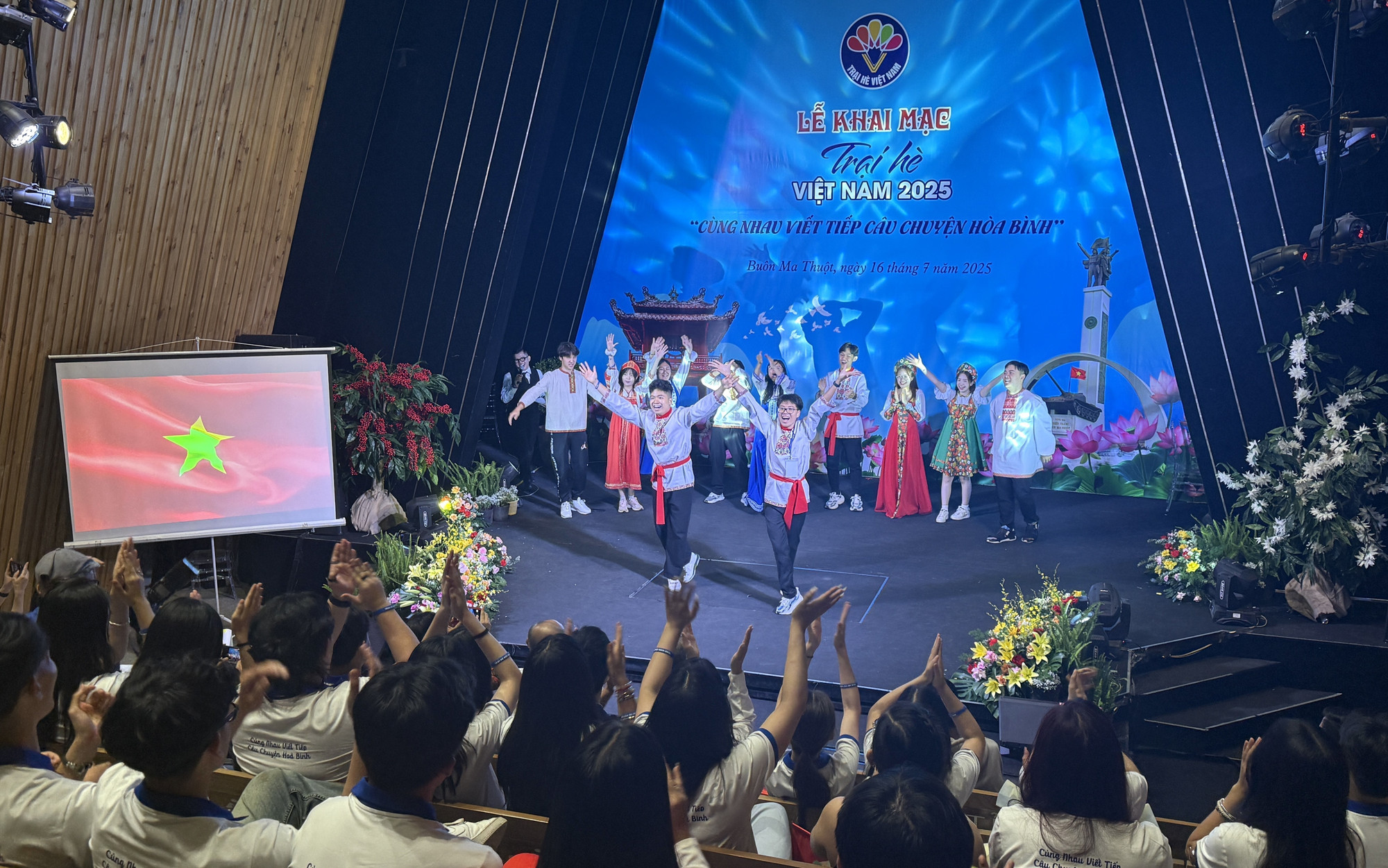
“Preserving and spreading Vietnamese cultural identity and values among the young generation abroad is contributing to the sustainable development of the Vietnamese community abroad as well as contributing to the sustainable development of Vietnam. This is also consistent with the content of Draft Document XIV, which affirms: Culture and people are the foundation, resources, endogenous strength and the regulatory system of sustainable development,” Le Nguyen Luu An expressed.
'Returning to the source' in digital space
Along with language, Dr. Hoang Thi Hong Ha proposed the idea of building a national "Digital Cultural Ecosystem" to strengthen great solidarity and arouse national pride.
"A national digital library, a 3D history museum, a repository of film, music, art documents... will be a way for the young overseas Vietnamese generation, no matter where they are, with just one click they can access and learn about the nation's history and culture in a visual, modern way. This is the most effective way to 'return to the source' in the digital space," Dr. Hoang Thi Hong Ha shared.
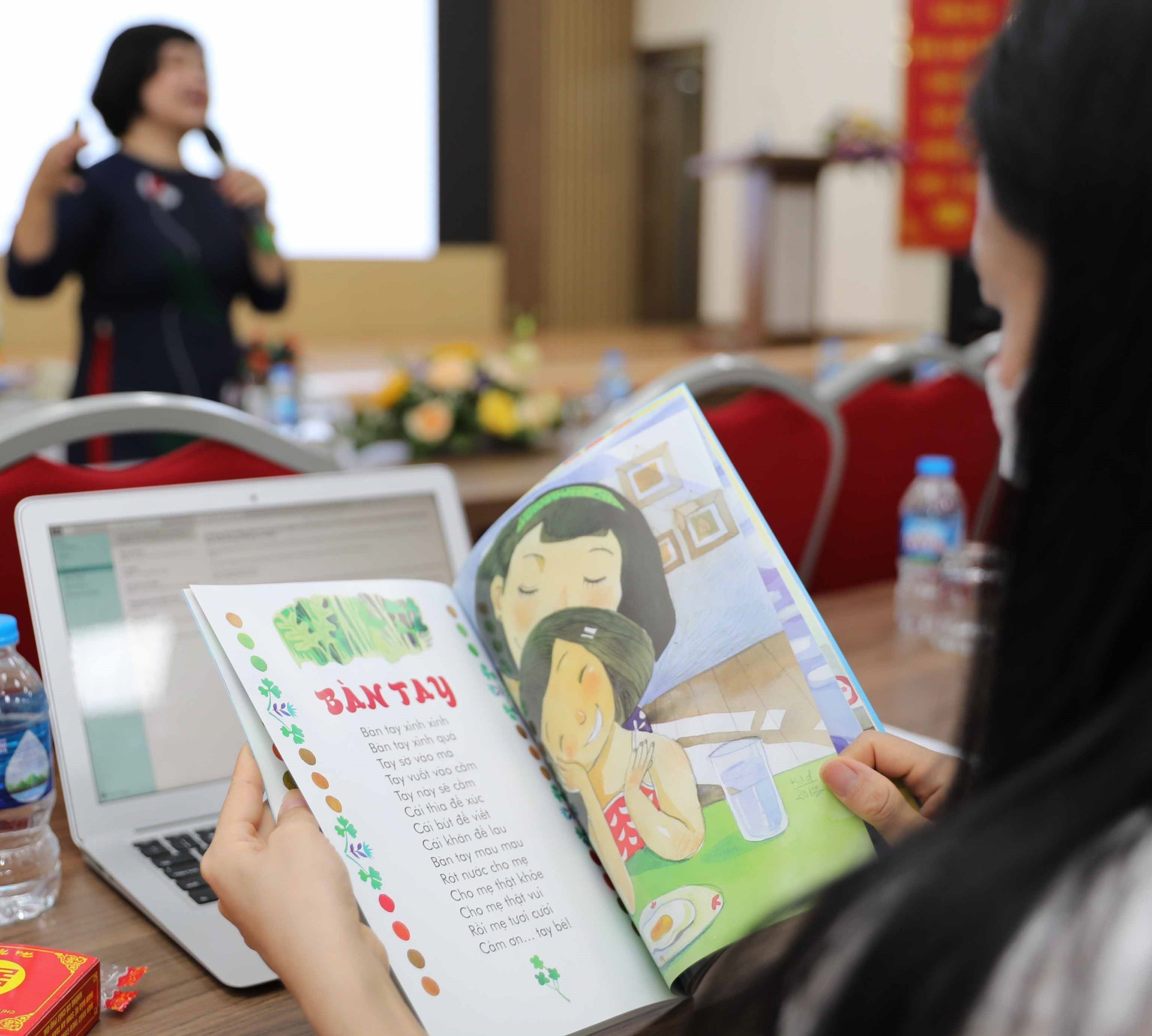
Ms. Ha believes that pride comes not only from thousands of years of glorious history, but also from the achievements of the present. The young generation of overseas Vietnamese is living in an international competitive environment, they will be proud to see a dynamic, innovative Vietnam, developing strongly in high technology such as Fintech, AI, Digital Transformation.
In addition, Ms. Ha also emphasized the role of culture as a "soft power" in people's diplomacy. She suggested that there should be an annual support mechanism and professionalization of the organization of large-scale Vietnamese Culinary Culture Weeks in other countries. At the same time, the Draft Document should more clearly affirm the role of overseas intellectuals and businessmen as key bridges in knowledge diplomacy and economic diplomacy.
“There needs to be a close and regular coordination mechanism between representative agencies and overseas Vietnamese associations and experts. Providing official and timely information is extremely important so that we have a solid basis and arguments to effectively participate in the fight against false allegations and protect the image and interests of the country,” said Ms. Ha.
Journalist and writer Kieu Bich Huong (overseas Vietnamese in Belgium) believes that it is necessary to build an ecosystem that connects Vietnamese people globally - where every community initiative, no matter how small, has the opportunity to develop into a sustainable project with widespread influence.
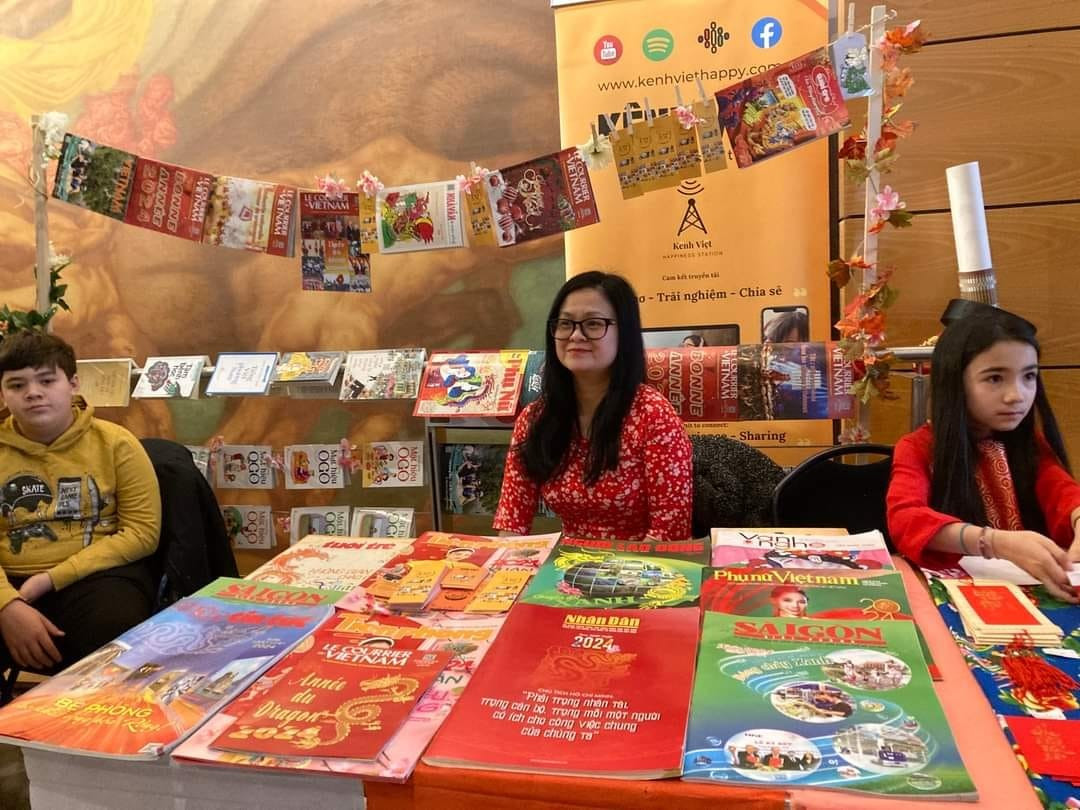
Ms. Kieu Bich Huong mentioned the “We Love Pho” community in Europe, Vietnamese language schools abroad or Vietnamese cultural centers abroad, although still few and not yet fully effective, are still valuable “seeds” to multiply love for the country and attachment to the roots.
“The state and domestic organizations or these factors are strategic partners in cultural diplomacy and community development. The support at that time is not only financial or material, but also strategic orientation, development consulting, international connections and recognition of contributions,” said journalist and writer Kieu Bich Huong.
In cases where public financial resources are limited, it is possible to call for a public-private partnership model, combining domestic Vietnamese enterprises and overseas Vietnamese to build multi-functional Vietnamese cultural centers. These are “Vietnamese homes abroad” - teaching Vietnamese, organizing events, seminars, cultural exchanges, and displaying Vietnamese products. When overseas Vietnamese initiatives are accompanied, invested in, and honored, it will further strengthen the trust and attachment of overseas Vietnamese to their homeland./.

Source: https://www.vietnamplus.vn/kieu-bao-no-luc-giu-gin-ban-sac-viet-de-nhan-len-tinh-yeu-dat-nuoc-post1076769.vnp





![[Photo] Deep sea sand deposits, ancient wooden ship An Bang faces the risk of being buried again](https://vphoto.vietnam.vn/thumb/1200x675/vietnam/resource/IMAGE/2025/11/13/1763033175715_ndo_br_thuyen-1-jpg.webp)



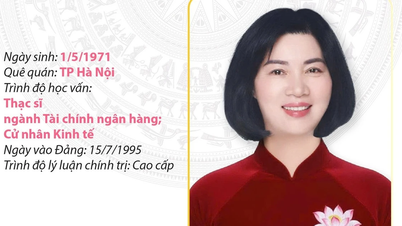
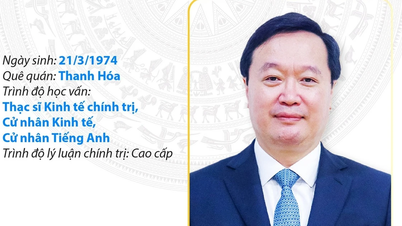
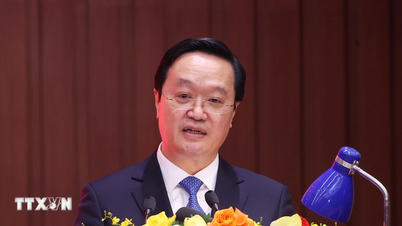
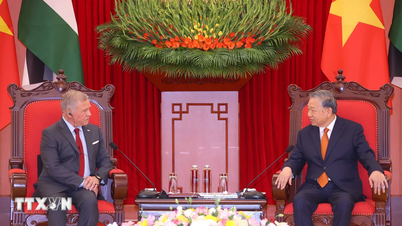
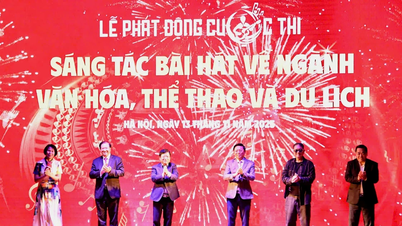
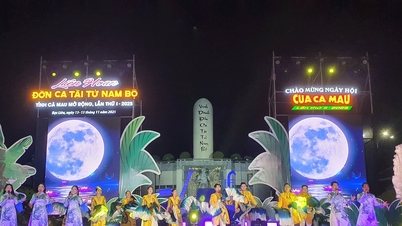







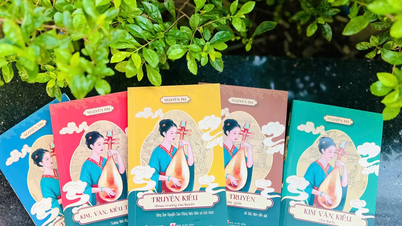




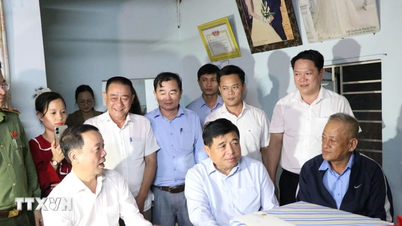
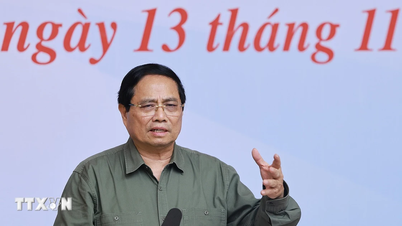
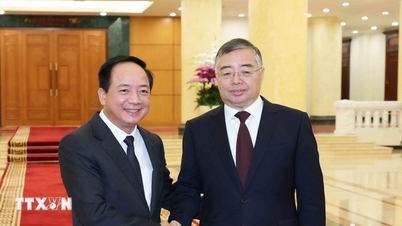


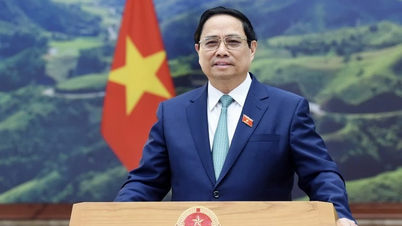








































![[Photo] Panorama of the 2nd Vietnam-Cambodia Border Defense Friendship Exchange](https://vphoto.vietnam.vn/thumb/402x226/vietnam/resource/IMAGE/2025/11/13/1763033233033_image.jpeg)
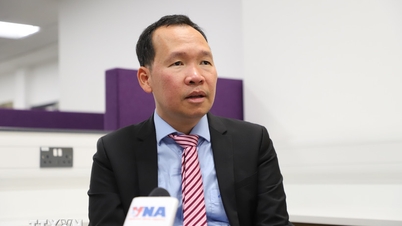

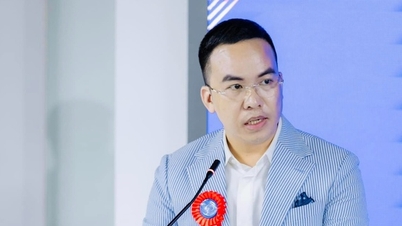
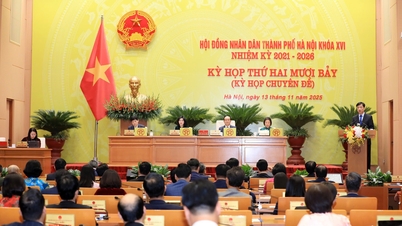

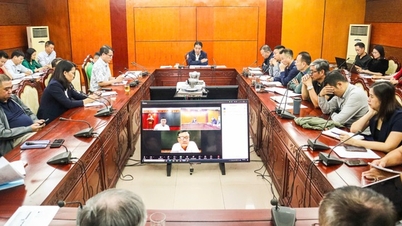
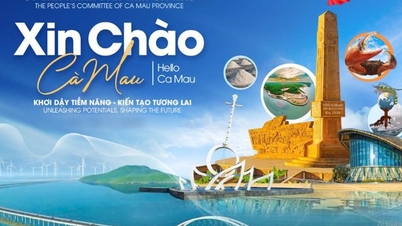
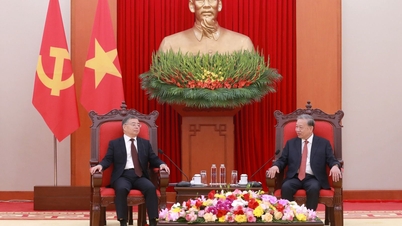
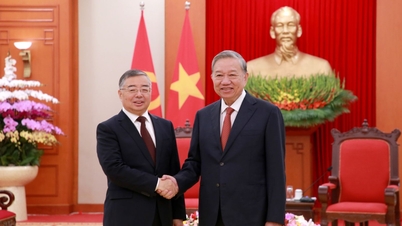


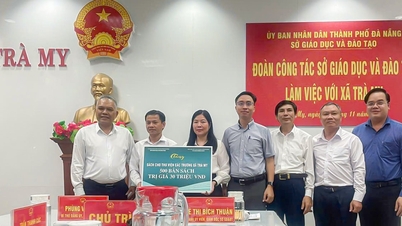



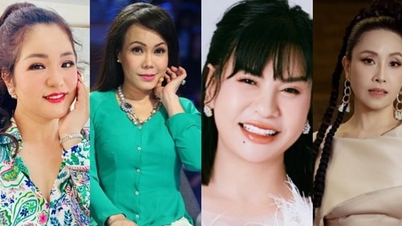

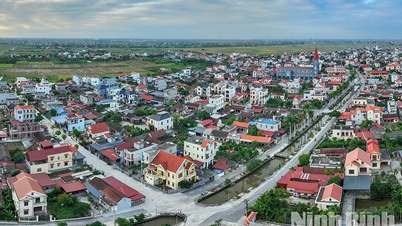

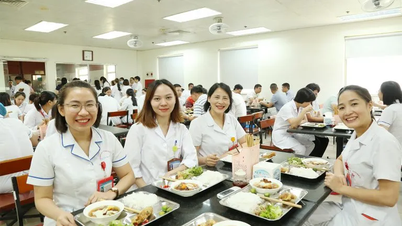




![Dong Nai OCOP transition: [Article 3] Linking tourism with OCOP product consumption](https://vphoto.vietnam.vn/thumb/402x226/vietnam/resource/IMAGE/2025/11/10/1762739199309_1324-2740-7_n-162543_981.jpeg)






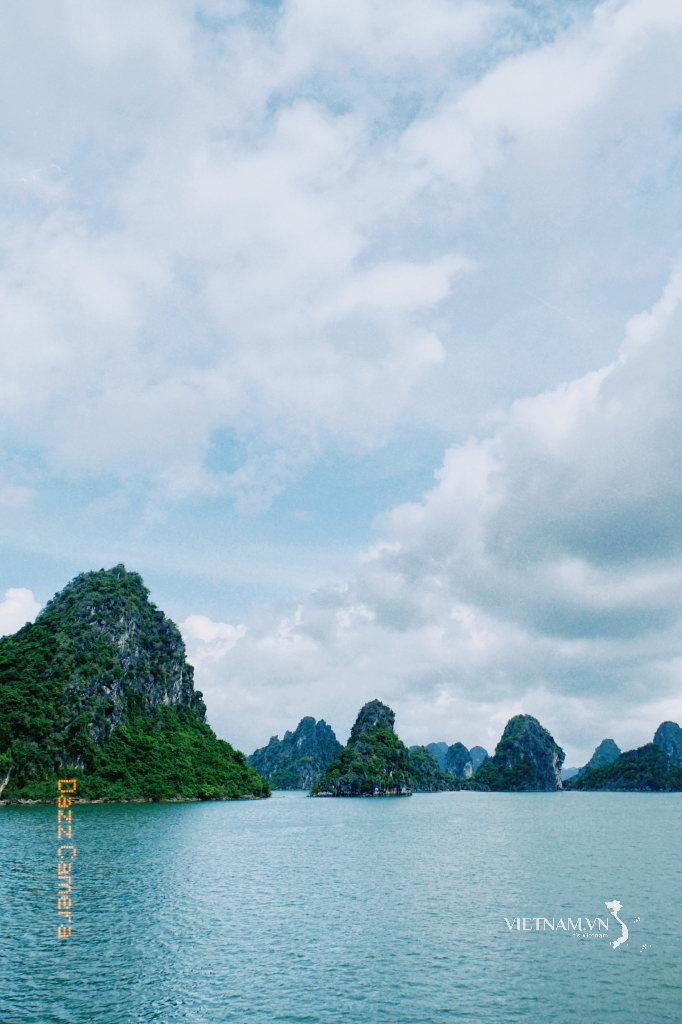
Comment (0)